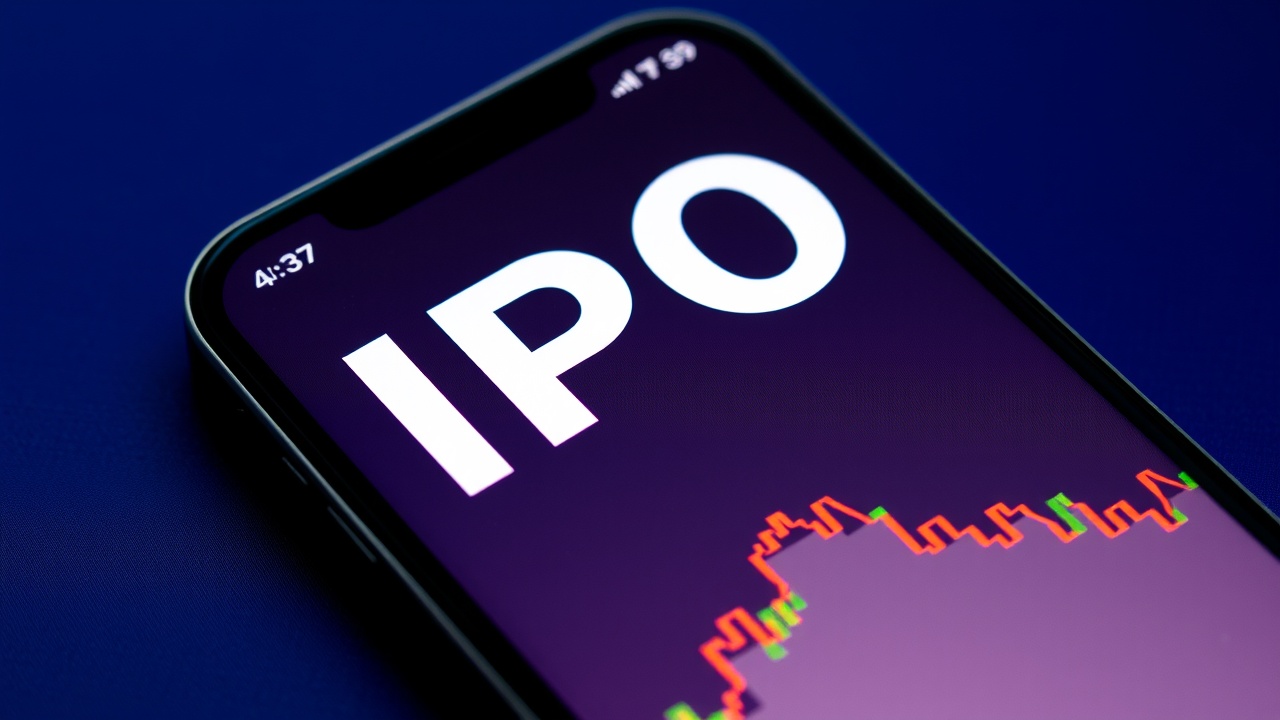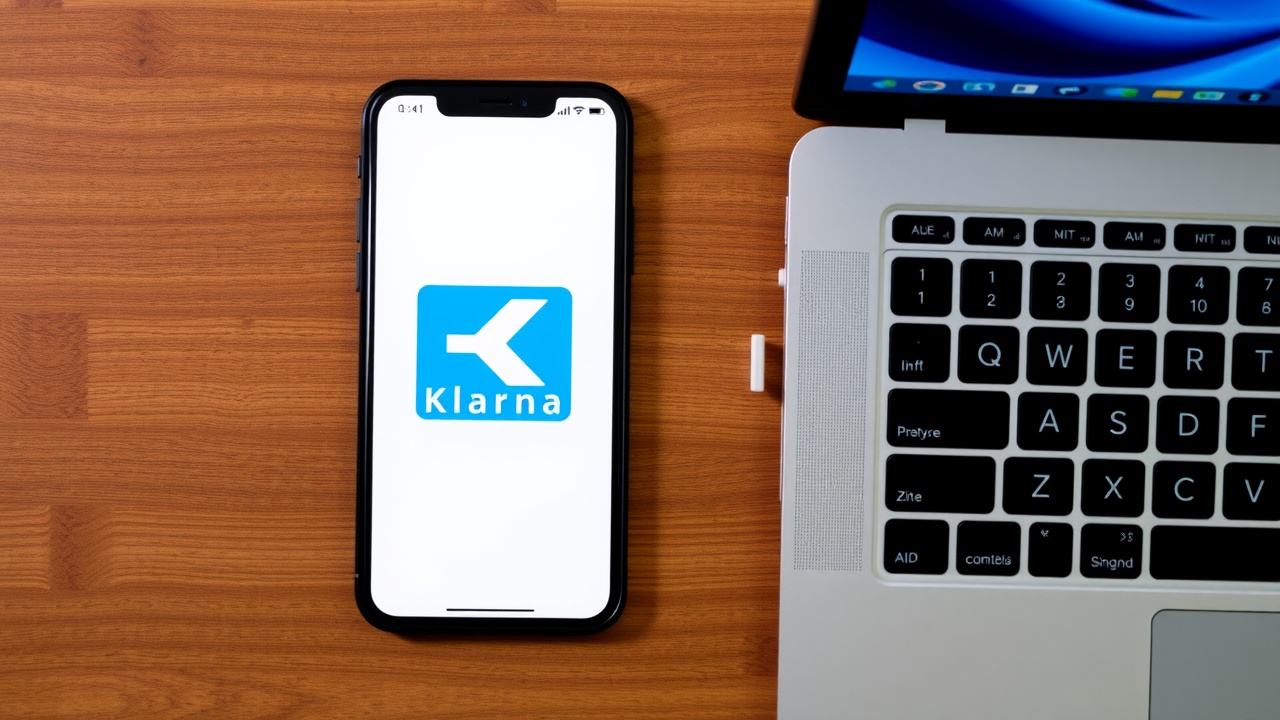
"IPO" is the term used when a private company chooses to sell its own shares on the stock market for the first time
This is what that implies.
Due to the effects of COVID-19 and abnormally high stock market activity, many companies chose to go public through initial public offerings (IPOs), which caused IPO activity on the US stock market to reach an all-time high in 2021.
IPOs on the US stock market totaled 1,035 in 2021. This figure fell to 181 the next year, and in 2023, there were only 154 IPOs. In 2024, it began to rise once more, reaching 225 IPOs.
New PWC projections for IPOs in 2025 are optimistic. It anticipates that IPO activity will continue to pick up steam globally, "led by the recovery of the US IPO market."
"The pipeline of companies in the US waiting to go public looks strong for 2025," it said, citing a backlog of private equity exits and more than 700 unicorns in the private market.
One of the names that surfaced in 2024 was Reddit, a social media platform based in the United States that started at £34 per share and is currently trading at about £150 per share.
IPO: What is it?
The first time a business sells its shares to the general public on the stock exchange is known as an initial public offering (IPO).
The founders, a few key employees, venture capitalists, and angel investors typically make up the small number of shareholders in a private company prior to an initial public offering (IPO).
The general public cannot invest in a company's stock until it is put up for sale on a stock exchange.
Other names for the IPO process include "floating," "listing," and "going public."
Young businesses typically seek to raise money in order to grow or realize returns on their founders' investments, but established businesses can also do this.
The operation of an IPO.
An initial public offering (IPO) is underwritten by one or more investment banks, who usually receive substantial fees from the process. They provide prospective customers with a prospectus that includes information about the business and the offering.
Usually, the IPO price is determined by the anticipated demand from investors; if demand exceeds the quantity of shares available, the IPO is "oversubscribed" and the underwriter must determine how to distribute the shares. The term "underwriter" comes from the underwriter's agreement to buy the excess if there aren't enough buyers.
The share price of a newly listed company will frequently experience a "bump" on the first trading day. You won't likely profit from this initial price spike, though, unless you are allotted shares before the business begins trading, which is unlikely with a "hot" stock.
What benefits do IPOs offer?
The chances are that, as a reasonably long-term investor worried about preventing the permanent loss of your capital, you would choose to invest in an exciting and high-growth technology initial public offering (IPO) over a long-standing company that appears to have a bit too much debt and whose best days are clearly behind it.
Access to capital, the ability to use shares as currency in future takeover negotiations, the ability to reward employees with shares, the ability for founders to cash in value (or "exit"), and the exposure and credibility that come with being public are all benefits of going public.
What drawbacks can an initial public offering (IPO) have?
What is at risk when a privately held company goes public? Going public makes it obvious that a privately held company's advantages may be lost.
As Investopedia notes, high expenses frequently discourage businesses from pursuing an initial public offering (IPO). Lawyers, accountants, and investment bankers are needed, and outside consultants are frequently needed. Preparation for an IPO could take up to a year or longer.
The fact that publicly traded companies are usually subject to more stringent regulatory oversight and reporting requirements is another drawback. Among other requirements, a publicly traded company is required to disclose information about its financial health on a quarterly and annual basis.
Privately held businesses, on the other hand, are not subject to the same disclosure requirements or concerns regarding changes in the value of their stock.
For many founders, especially in the tech industry, going public has become less appealing due to these factors and the abundance of private equity funding, at least until their businesses are more established.
The shrinking of public markets and the fact that small investors are essentially being excluded from investing in some of the most alluring rapidly expanding businesses in the world have consequently raised concerns.
Nonetheless, businesses may wish to go public for a number of reasons. When a company wants to raise money to grow, an initial public offering (IPO) is a good alternative to borrowing from banks or the bond market.
The ability to raise large sums of money more quickly than they otherwise could is another evident advantage of going public. This can help reduce a company's debt-to-income ratio and free up more funds for things like innovation, new products, and advertising.
Long-term underperformance of IPOs is generally demonstrated by research, though. Furthermore, excessive IPO activity is frequently an indication of market overconfidence and a warning that a crash may be imminent. This is what transpired, for instance, when the .com bubble burst in 2000.














Leave a comment on: What is an initial public offering (IPO)?